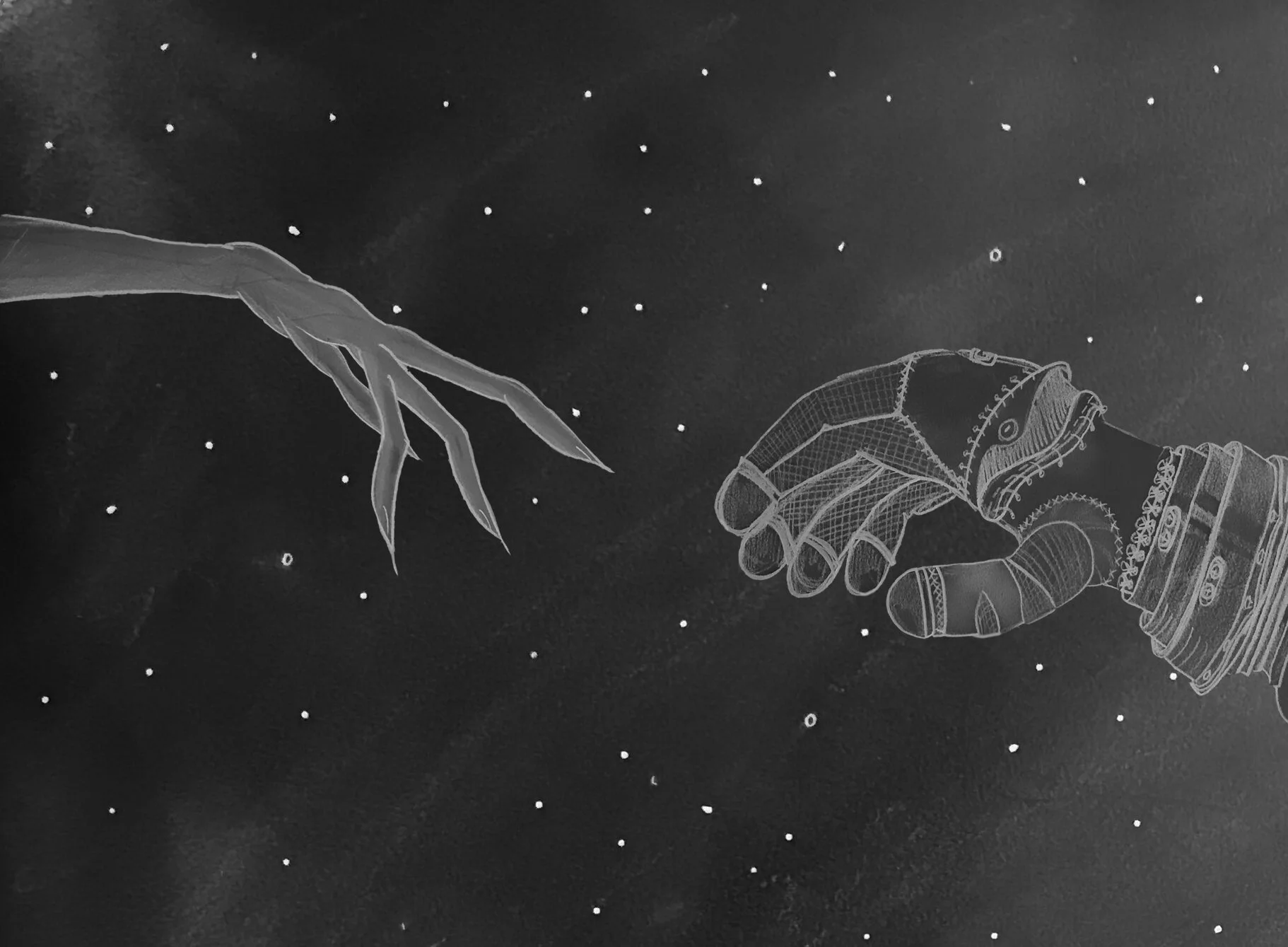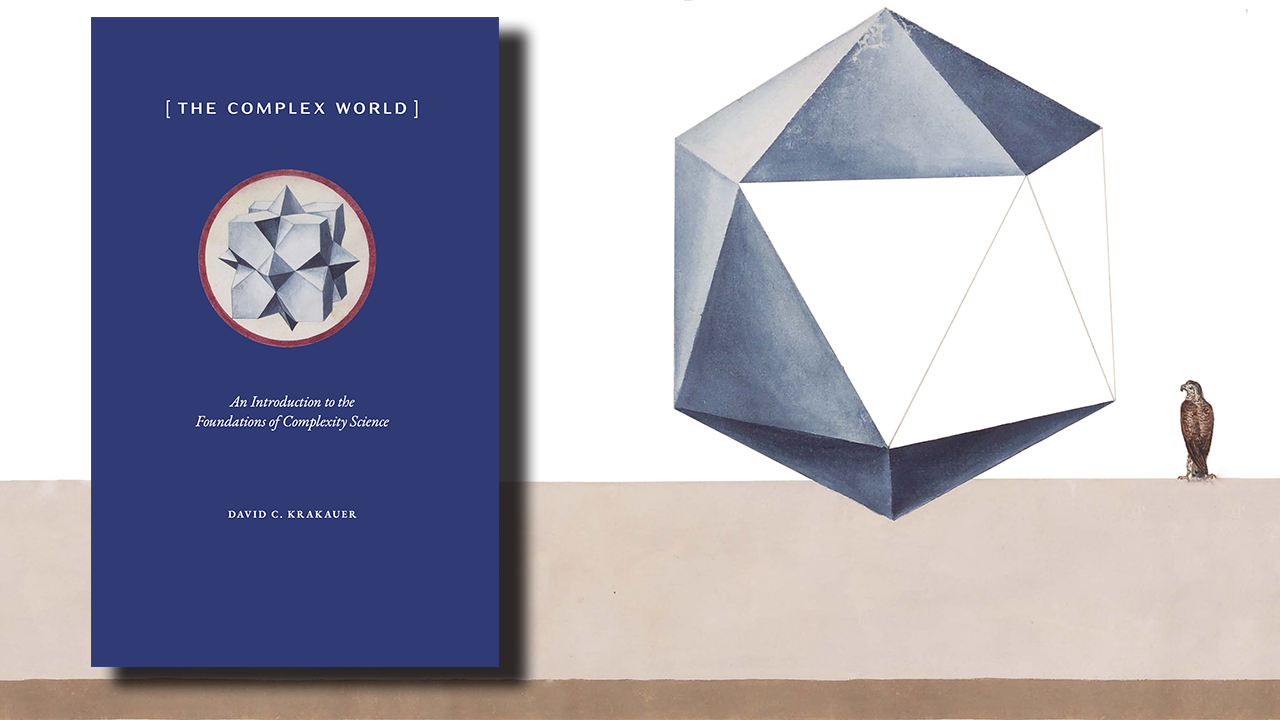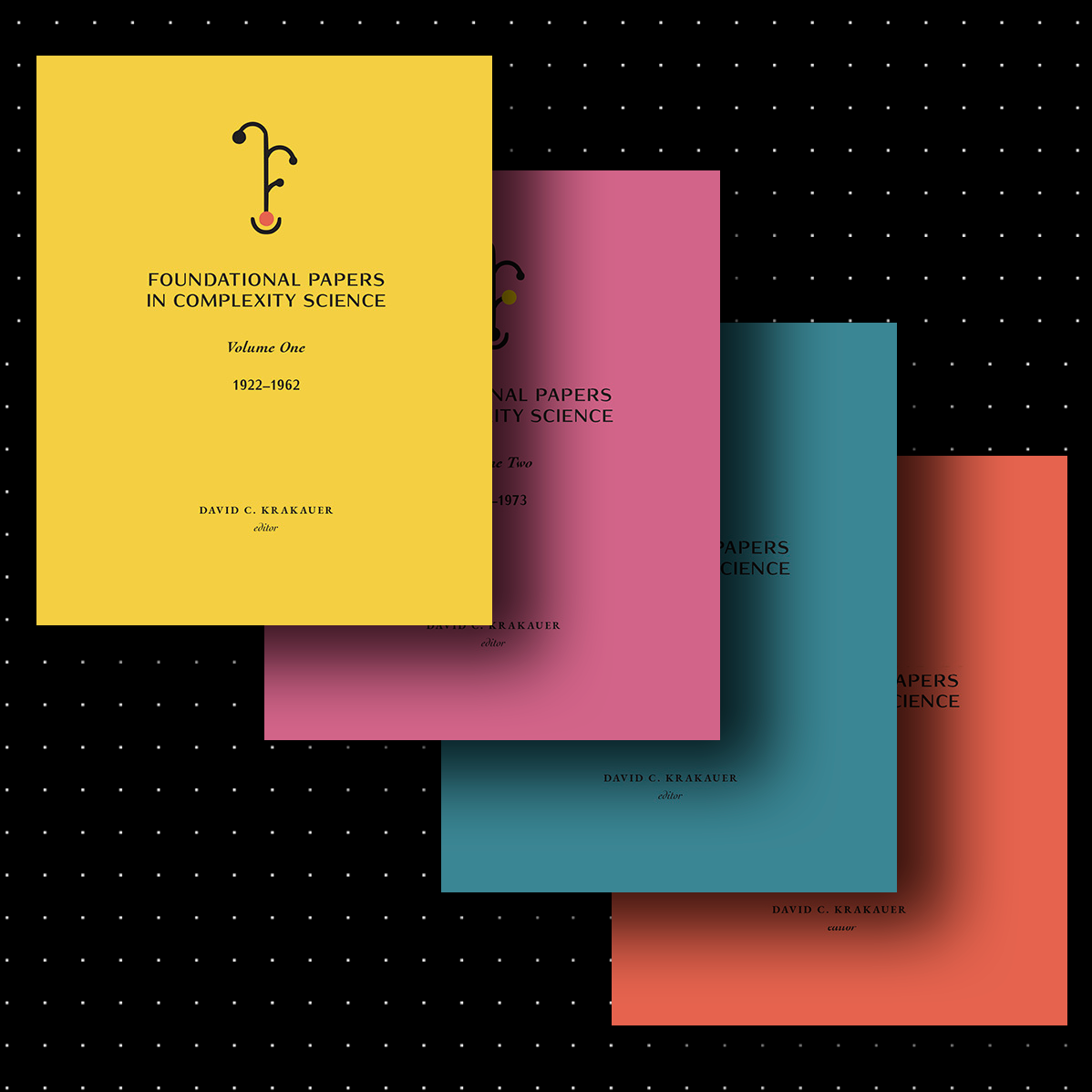On December 19, the SFI Press published Volume 4 of Foundational Papers in Complexity Science. Following the publication of Volumes 1 and 2 in May and Volume 3 in September, this concluding book contains papers published between 1989 and 2000 — an era when complex-systems science had become a fledgling field of study in its own right. Hardcover and paperback versions of each book are available globally at cost; they are not available as ebooks due to electronic reprint rights.
Read MoreWe live in a complex world — one that is increasingly connected, evolving, technological, volatile, and potentially poised for catastrophe. And yet we continue to treat the world as if it were simple. Our dominant frameworks are still linear, unchanging, and disconnected, assuming Earth’s resources are infinitely exploitable. Complexity science offers a paradigm-shifting approach.
Read MoreThe Santa Fe Institute is gifting a set of Foundational Papers in Complexity Science books to each recipient of the Complex System Society’s upcoming Emerging Awards. The three winners will be announced during the next Conference on Complex Systems in Exeter, UK, in September.
Read MoreWhen Claude Shannon wrote “A Mathematical Theory of Communication” in 1948, he was known as a mathematician and an electrical engineer. From this extraordinarily influential paper — cited more than 155,000 times — he would come to be called the “father of information theory.” Today, we see in him the hallmarks of an early complexity scientist.
Read More"InterPlanetary Transmissions: Stardust," a record of the proceedings of the second annual InterPlanetary Festival, has launched from the SFI Press.
Read MoreFasten your seatbelts and prepare for takeoff: InterPlanetary Transmissions: Genesis has hit the shelves.
Read More







